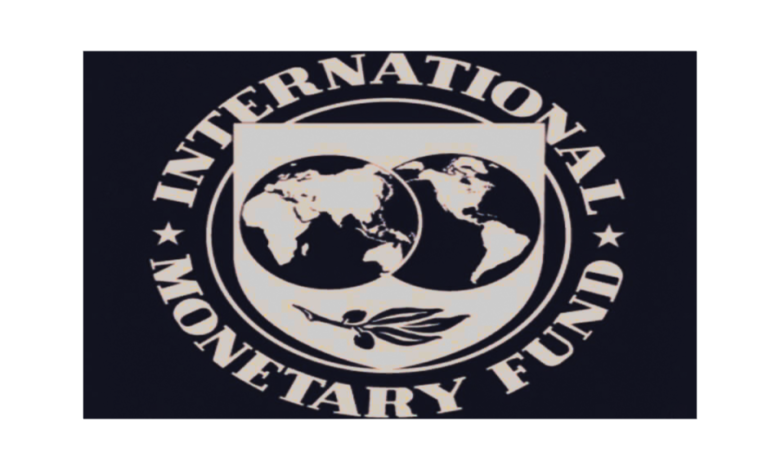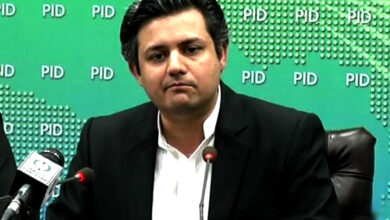Pakistan has committed to the IMF to levying Rs160 billion in taxes on the salaried class.

Pakistan has committed to the IMF to draught Personal Income Tax legislation by the end of February.
The plan is to levy a Rs160 billion tax on the salaried class by reducing the number of slabs.
This PIT will be announced in the 2022-23 budget and will take effect on July 1, 2022.
ISLAMABAD: Under the now-resumed International Monetary Fund (IMF) programme, Pakistan has committed to drafting Personal Income Tax (PIT) legislation until the end of the current month (February 2022), with the goal of taxing the salaried class for approximately Rs160 billion by raising tax rates and reducing the number of slabs. According to the news
This PIT will be announced in the 2022-23 budget and will take effect on July 1, 2022.
According to a staff report released by the Fund on Friday, the government has agreed with the IMF that new state-owned enterprises (SOEs) will be subject to parliamentary approval by the end of June 2022, in accordance with staff recommendations.
Furthermore, the government has agreed with the IMF to require the Public Procurement Regulatory Authority (PPPA) to issue regulations requiring the collection and publication of beneficial ownership information from companies awarded public procurement contracts worth Rs50 million or more until the end of March 2022.
According to the report, Pakistani authorities are working on PIT legislation that will be ready by the end of February 2022.(new end-of-February 2022 structural benchmark) to ensure that it is ready for implementation.on July 1, 2022, together with the fiscal budget for fiscal year 2022-23.
With the goal of simplifying the system, increasing progressivity, and supporting labour formalisation, it will:
Reduce the number of tax rates as well as income tax brackets;
Reduce tax credits and allowances (except for those for the disabled and the elderly, as well as Zakat receipts);
Introduce special tax procedures for extremely low-income taxpayers;
Increase the number of taxpayers in the tax net.
Because the reform maintains the current PIT threshold, low-income households will be protected (almost three times income per capita).
Meanwhile, the Fund stated that harmonising the GST base will be critical to improving competitiveness and the business environment. The current system fragments the sales tax base, with services subject to provincial taxation and goods subject to federal government taxation.
The fragmentation of the tax base has hampered tax policy design and administration, resulting in disagreements over tax base definition and crediting, cascading and double taxation for businesses, and significantly increased compliance costs.
Indeed, the system is inefficient and reduces competitiveness by raising the cost of doing business.
The IMF staff concluded that risks remain skewed to the downside, both domestically and externally.
The outlook for growth, trade, and remittances remains clouded by the ongoing COVID-19 pandemic, particularly at the global level, while inflation may rise faster than expected as commodity prices feed through to domestic prices.
Furthermore, political disagreements over reforms could stymie policy implementation and jeopardise Pakistan’s adjustment path, debt sustainability, and growth potential.
Furthermore, reform fatigue and the political cycle may quickly close the window for implementing critical reforms. External financing conditions may be influenced by tapering, geopolitical tensions, and waning reform efforts. Close programme monitoring and financing assurances from key lenders help to mitigate those risks, according to the report.





